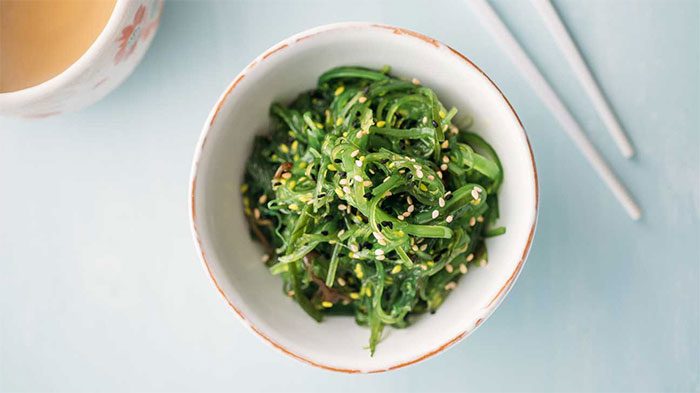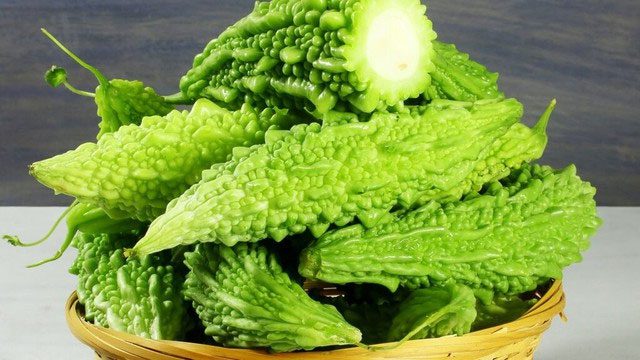These 2 types of vegetables are beloved by the residents of Japan’s longevity region for generations and can also be found in Vietnam.
Just turn on the TV or scroll through any social media, and you’ll easily come across advertisements for anti-aging products such as wrinkle prevention creams, joint pain relief medications, and dietary supplements. However, instead of hoping for “miraculous drugs” that promise to keep the body healthy and “reverse aging”, health experts suggest that you can opt for nutrient-rich foods that offer health benefits at a lower cost.
Neurosurgeon Dr. Sanjay Gupta (USA) has spent considerable time researching anti-aging, featuring this topic in his documentary series Chasing Life, filmed in Okinawa, Japan. Okinawa is considered one of the 5 “Blue Zones” – a term referring to regions with a high number of healthy, long-lived individuals.
In the Chasing Life series, Dr. Gupta explains that one of the main reasons for the longevity of Okinawans is their diet, which includes many nutrient-dense foods that prevent aging and activate genes associated with longevity. “Hidden within our DNA is a gene called FOXO3 that can delay the aging process, but it must be activated by the right foods,” Gupta shares.
Other scientific evaluations have also discovered that the Okinawan diet is a healthy way to prevent aging, as the foods consumed can help reduce the risk of cardiovascular diseases, lower blood sugar, and more. According to Gupta, here are 2 types of foods that Okinawans eat regularly, which may help activate longevity genes and extend life.
Seaweed

Seaweed is rich in fiber and can help you feel full longer.
Seaweed contains a wealth of fiber, omega-3 fatty acids, and vitamins including A, C, E, and B. Additionally, it is rich in minerals such as magnesium, potassium, and zinc. As a result, seaweed offers numerous health benefits.
Incorporating seaweed into your diet can lower the risk of developing type 2 diabetes. Researchers believe that certain compounds found in seaweed, such as fucoxanthin, may help control and stabilize blood sugar levels.
Moreover, due to its high fiber content, seaweed can also help you feel full longer, aiding in weight loss while improving digestive health. Seaweed has also been shown to reduce the risk of cancer, boost the immune system, and is excellent for cardiovascular health.
Bitter Melon
“It’s no coincidence that foods like bitter melon have been favored by many generations of Japanese people. Instinctively, they know that this food is beneficial for health,” Dr. Gupta states.

Adding bitter melon to your diet can also help reduce cholesterol levels in the blood.
Studies have shown that bitter melon can lower blood sugar levels by increasing glucose metabolism. Like many other plants, bitter melon is low in calories and can help prolong the feeling of fullness, making it beneficial for effective weight loss.
Incorporating bitter melon into your diet can also help lower blood cholesterol, thus reducing the risk of cardiovascular diseases, heart attacks, and strokes. Bitter melon is also well-known for its benefits to kidney health, as it can break down stones and assist the body in flushing them out through urine by reducing acid levels in the urine, alleviating pain caused by kidney stones.
Additionally, bitter melon has long been recognized as a food that is good for the skin, boosts the immune system, supports liver health, and provides a wealth of vitamin K, contributing to bone health, blood clotting, and acting as an anti-inflammatory.


















































